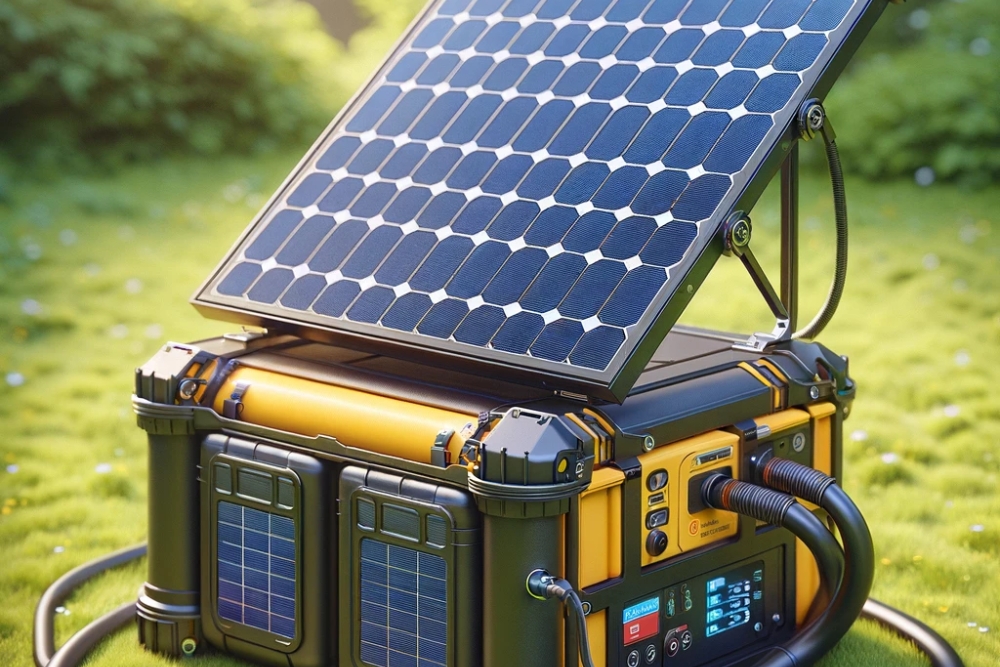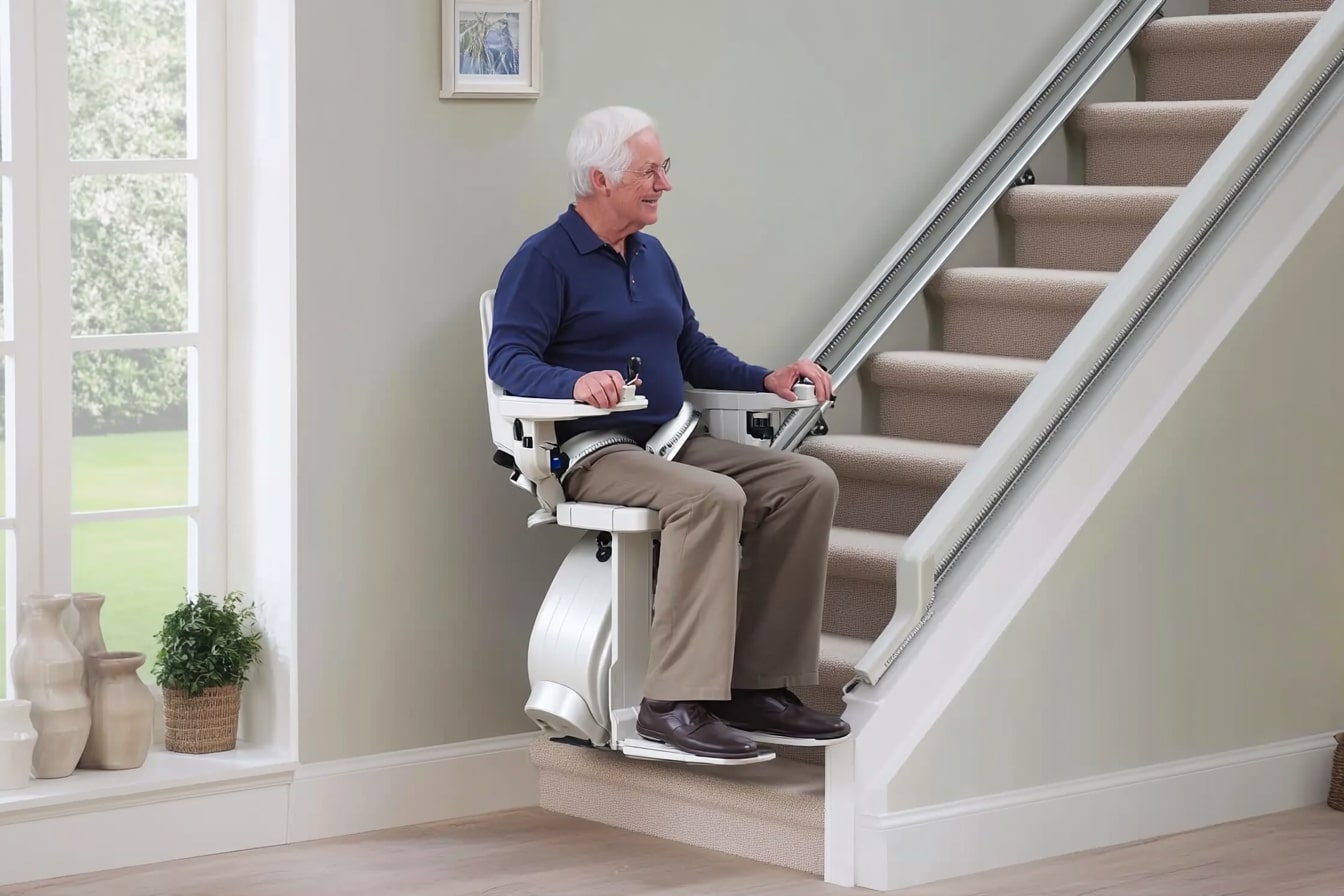Understanding Power Generators: Types, Uses, and Cost Considerations
Power generators provide essential backup electricity during outages and in remote locations. From portable units for camping to whole-house systems that keep critical appliances running during emergencies, modern generators offer various fuel options and capabilities to meet diverse needs. Understanding the different types, applications, and cost factors can help you make an informed decision when selecting a power generator for your home or business.

Power generators have become increasingly important in our electricity-dependent world. Whether you’re preparing for unexpected power outages, planning for emergency situations, or need portable power for remote work sites, understanding the various types of generators and their applications is essential. This article explores the world of power generators, from residential backup systems to commercial solutions, helping you navigate the options available in today’s market.
Types of Power Generators for Different Applications
Power generators come in several varieties, each designed for specific uses. Portable generators are lightweight, relatively affordable options ideal for camping, tailgating, or powering essential appliances during brief outages. Standby generators, permanently installed outside homes or businesses, automatically activate when utility power fails, providing seamless backup power. Inverter generators deliver clean, stable electricity suitable for sensitive electronics, while industrial generators can power entire facilities during extended outages.
Fuel types also vary significantly among generators. Traditional gasoline models offer convenience but limited runtime. Diesel generators provide excellent fuel efficiency and longevity for frequent or extended use. Propane and natural gas generators burn cleaner than diesel or gasoline options and can connect directly to existing gas lines for continuous operation. Solar generators with battery storage offer renewable, emission-free power but typically provide lower output than fuel-based alternatives.
Commercial Battery Backup Systems vs. Traditional Generators
Commercial battery backup systems have emerged as alternatives to conventional generators in certain applications. These systems store electricity in large battery banks and release it when needed, offering immediate power without the startup delay of traditional generators. Unlike fuel-powered generators, battery systems operate silently with zero emissions, making them suitable for indoor environments and locations with strict noise or pollution regulations.
The primary advantages of commercial battery backup systems include instant power delivery, minimal maintenance requirements, and clean operation. However, they typically provide shorter runtime than fuel-powered alternatives unless paired with substantial battery capacity. Many businesses now implement hybrid solutions, combining battery backup for immediate response with traditional generators for extended outages.
While battery systems excel for short-term backup needs and peak-shaving applications, traditional generators remain the preferred choice for extended power requirements, especially in critical infrastructure and industrial settings where uninterrupted operation is essential.
Best Generator for Home Backup Power Options
When selecting a generator for home backup power, several factors determine the most appropriate choice for your situation. First, calculate your power needs by listing essential appliances and their wattage requirements. Most households require between 5,000-10,000 watts to power critical systems like refrigerators, heating/cooling equipment, lighting, and basic electronics.
Whole-house standby generators offer the most comprehensive solution, automatically activating during outages and capable of powering your entire electrical system. These permanent installations typically run on natural gas or propane and require professional installation with appropriate permits. For more modest needs, portable generators with manual transfer switches can power selected circuits at a lower cost, though they require manual startup and regular refueling.
Important features to consider include automatic start capabilities, fuel efficiency, noise levels, and runtime between refueling or maintenance. Modern generators often include advanced monitoring systems, allowing homeowners to check status remotely via smartphone apps. Weather-resistant housing is essential for outdoor installation, particularly in regions with extreme climate conditions.
Generators for Home: Installation and Safety Considerations
Proper installation and operation of home generators is critical for safety and effectiveness. Permanent standby generators must be installed by licensed professionals who understand local electrical codes and permit requirements. Installation typically includes pouring a concrete pad, connecting to your home’s electrical system via a transfer switch, and establishing fuel connections.
Portable generators require careful placement during operation—always outdoors and at least 20 feet from windows, doors, and vents to prevent carbon monoxide poisoning. Never operate generators in enclosed spaces, including garages, even with doors open. Install carbon monoxide detectors in your home as an additional safety measure.
Regular maintenance ensures reliable operation when you need backup power most. This includes periodic oil changes, air filter replacement, spark plug inspection, and test runs. For standby systems, many homeowners schedule annual professional maintenance to verify all components are functioning properly.
Price of Generators: Cost Comparison and Considerations
Generator costs vary widely based on type, capacity, features, and installation requirements. Understanding the price spectrum helps in budget planning for this important investment.
| Generator Type | Capacity Range | Equipment Cost | Installation Cost | Total Investment |
|---|---|---|---|---|
| Portable Gas | 3,000-8,000W | $400-$1,500 | $0-$500 | $400-$2,000 |
| Portable Inverter | 1,800-4,000W | $500-$2,500 | $0-$500 | $500-$3,000 |
| Home Standby | 8,000-20,000W | $2,000-$5,000 | $2,000-$5,000 | $4,000-$10,000 |
| Commercial | 20,000-150,000W+ | $10,000-$50,000+ | $5,000-$20,000+ | $15,000-$70,000+ |
| Battery Backup | 2,000-20,000W | $5,000-$15,000 | $1,500-$3,000 | $6,500-$18,000 |
Prices, rates, or cost estimates mentioned in this article are based on the latest available information but may change over time. Independent research is advised before making financial decisions.
Beyond the initial purchase, consider ongoing operational costs. Fuel-powered generators require regular fuel purchases, with consumption rates varying by model and load. Maintenance expenses include regular oil changes, filter replacements, and occasional service visits. Battery systems typically have lower operational costs but may require battery replacement after 5-10 years.
Many homeowners find that generator costs can be partially offset through potential insurance discounts, as some insurers offer reduced premiums for homes with backup power systems that help prevent damage from power-related incidents. Additionally, standby generators can enhance property values, potentially recovering a portion of the investment when selling your home.
Selecting the Right Generator for Your Specific Needs
Choosing the appropriate generator requires assessing your specific requirements and constraints. For occasional, emergency-only use with minimal power needs, a basic portable generator might suffice. Households needing to power essential circuits during frequent outages might benefit from a mid-range portable model with a manual transfer switch. Those seeking comprehensive protection against extended power loss, particularly in areas with unreliable utility service, should consider whole-house standby systems.
Business applications typically demand higher capacity and reliability. Commercial facilities often require professional assessment to determine appropriate sizing based on critical loads, regulatory requirements, and operational needs. Many commercial installations incorporate redundant systems or hybrid approaches combining traditional generators with battery backup solutions.
When making your final decision, consider factors beyond initial cost, including reliability ratings, warranty coverage, service network availability, and long-term operational expenses. Consulting with a qualified electrician or generator specialist can provide valuable insights tailored to your specific situation and help ensure you select a system that delivers the protection and peace of mind you seek.




